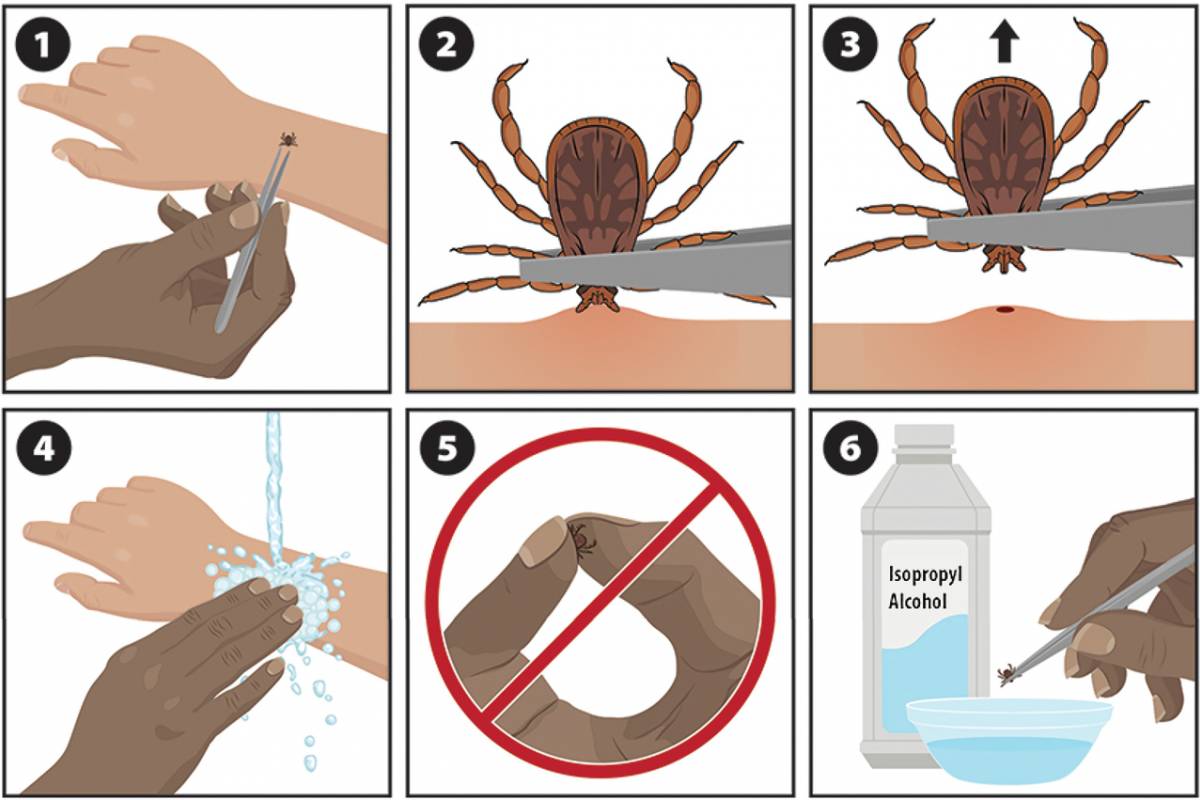New Hampshire Mosquito and Tick Bites Cause Rare, Potentially Deadly Diseases

The New Hampshire Department of Health and Human Services, Division of Public Health Services (DPHS) recently announced that the risk for both mosquito- and tick-transmitted infections remains high and urged everyone to prevent bites.
This is essential advice since no preventive vaccines or anti-virus medications target Jamestown Canyon Virus (JCV) or Powassan Virus (POWV) diseases.
During the summer of 2023, fourteen batches of mosquitos around the state tested positive for JCV.
On September 25, 2023, DPHS confirmed a human JCV infection in an adult from Hillsborough County.
New Hampshire has reported a total of 13 human cases of JCV since 2018.
People infected with JCV can develop more serious central nervous system diseases, including meningitis or encephalitis.
About half of patients reported with JCV disease are hospitalized.
The good news is deaths associated with JCV infection are rare, according to the U.S. CDC.
Other infections transmitted by mosquitos in New Hampshire include Eastern Equine Encephalitis and West Nile Virus, which also present with symptoms similar to JCV.
The CDC has reported four states have confirmed JVC cases this year.
In addition, DPHS reported two cases of POWV in September, one in an adult in Rockingham County and another in a child from Carroll County.
New Hampshire has identified 8 cases of POWV since 2013, when the disease was first detected in humans.
During 2023, nine states have reported POWV cases.
Approximately half of the people who survive severe disease have long-term health problems such as recurring headaches, loss of muscle mass and strength, and memory problems.
And about 10% of people with severe POWV disease die.
“Mosquitoes will be with us until the first hard frost, and ticks remain active as long as there is no snow cover and temperatures remain above freezing,” commented Ryan Tannian, Chief of the DPHS Bureau of Infectious Disease Control, in a press release.
“Preventing the bites that cause illnesses transmitted by mosquitoes and ticks is a key factor in reducing the risk for illness.”
For national data on JCV and POWV, visit https://www.cdc.gov/jamestown-canyon/statistics/current-season-data.html and https://www.cdc.gov/powassan/statistics-data/current-season-data.html.
Our Trust Standards: Medical Advisory Committee